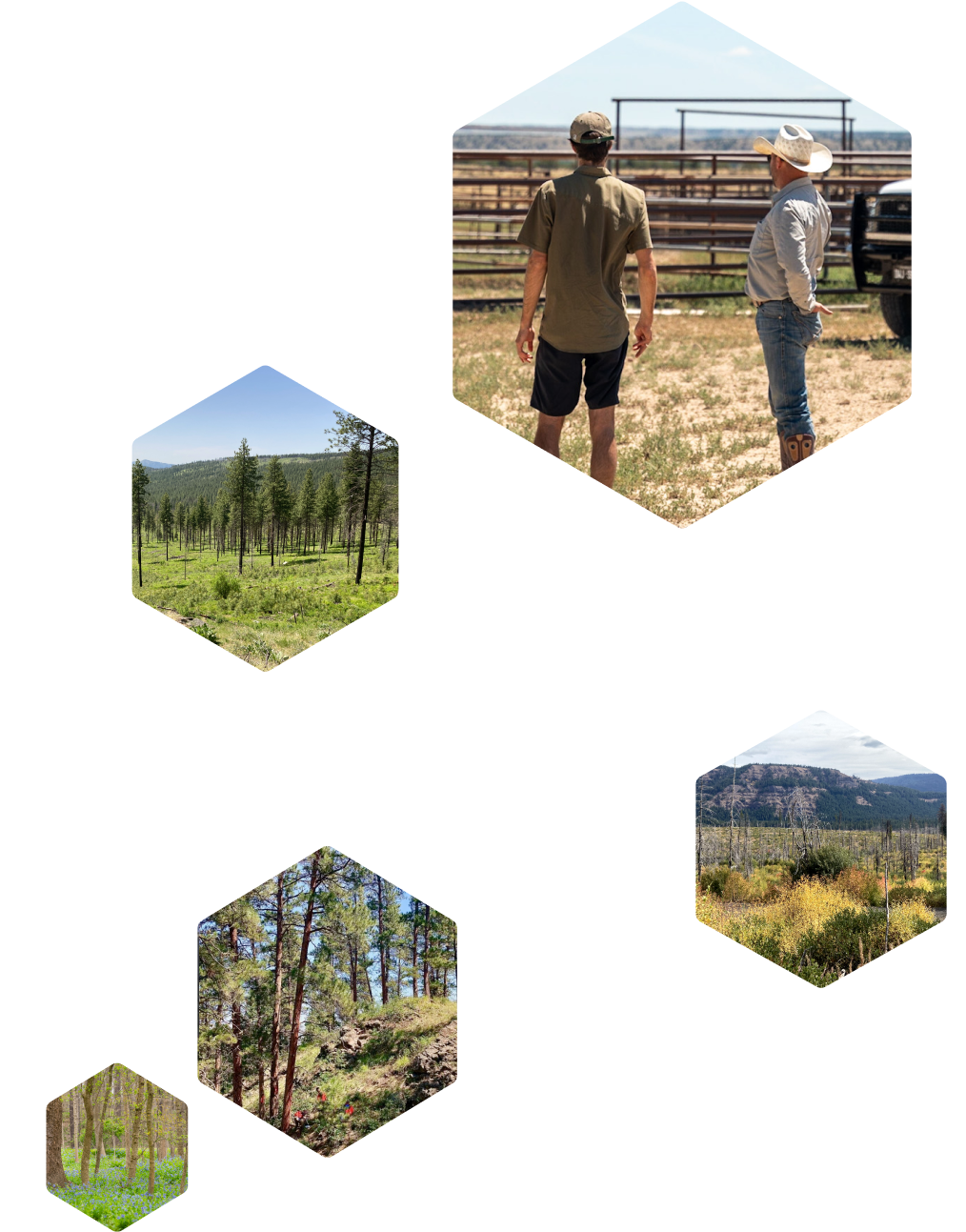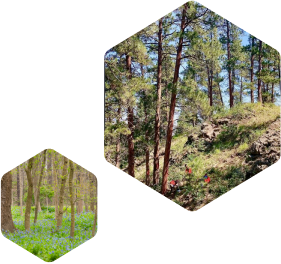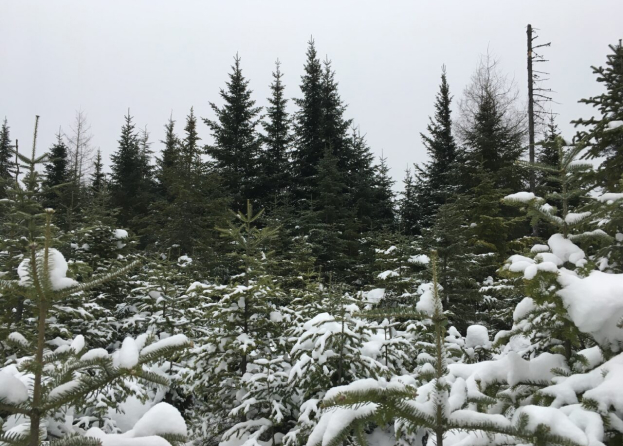More carbon in the trees. More money in your pocket.
The Climate Trust funds carbon projects that earn you revenue for your ongoing forest management activities, including sustainable timber harvesting.
As a nonprofit organization, The Climate Trust provides full funding to develop carbon projects for landowners, providing a new revenue stream from the resulting carbon credits that are sold on their behalf.
Landowners with a approximately 2,000+ acres of existing forest who want to generate additional revenue streams may qualify for a carbon project. Sustainable timber management and harvesting is also an option for landowners.
Tell us about your land and download our free Landowner Guide to Carbon Projects. If your land is a good fit, we will contact you to schedule a free consultation to learn more about you and your vision for your land.

Download Our Free Landowner Guide to Carbon Projects
"*" indicates required fields
As a nonprofit organization, The Climate Trust provides full funding to develop carbon projects for landowners, providing a new revenue stream from the resulting carbon credits that are sold on their behalf.
Landowners with a approximately 2,000+ acres of existing forest who want to generate additional revenue streams may qualify for a carbon project. Sustainable timber management and harvesting is also an option for landowners.
Tell us about your land and download our free Landowner Guide to Carbon Projects. If your land is a good fit, we will contact you to schedule a free consultation to learn more about you and your vision for your land.

Working with The Climate Trust
We work directly with landowners to design an improved forest management (IFM) plan based on each individual landowner’s needs and land management goals. By helping to conduct activities that increase carbon storage over a business-as-usual level, forest owners and managers will be less reliant on timber harvesting, but still able to engage in sustainable timber harvesting. The Climate Trust handles all aspects of project development from land monitoring to the marketing and sales of carbon credits.
As the landowner or manager, you then receive the ongoing carbon revenue from your project. As one of the oldest carbon entities in the nation, we have worked with climate vulnerable communities around the nation and have a breadth of project development and forestry expertise—ensuring that your forest continues to generate revenue for you while still supporting your local ecosystem, biodiversity, water quality, and your community.

Burnett County, Wisconsin IFM Project
The Climate Trust partnered with Burnett County, WI to develop an IFM project for 95,000 acres of forestland. Based on a 20-year contract, the carbon project will optimize and sustain the forest’s utility, including timber harvesting, wildlife protection, watershed protection, and recreational opportunities. County Board Chairman Donald Taylor shared, “This partnership with The Climate Trust brings together two organizations that are ardently focused on the highest and best use of our forest production areas in the County. We are excited for this project and how it will benefit our community over the next 20 years.”

Coastal Edge Forest
In partnership with the North Coast Land Conservancy (NCLC), The Climate Trust protected 3,500 acres of coastal rainforest in the Oregon Coast Range. “Bringing this land into conservation allows us to unlock its future,” said Katie Voelke, Executive Director of NCLC. “It is a living, breathing, flowing and evolving place. Conservation allows it to live its most dynamic and abundant life. This is a living museum, a living laboratory, a globally rare and precious place, and it’s our community backdrop. Conserving this land gives us all a chance to be in the right relationship with the land and the people it sustains.”
Project Development Process


The Climate Trust works directly with landowners to determine their eligibility, record a conservation easement with their land trust, model GHG emissions, develop a project and conduct ongoing monitoring of the land, manage third-party verification, and conduct marketing and sales of resulting carbon credits.
Landowners are our shareholders.
As a nonprofit organization, we serve landowners first and foremost—honoring their good land stewardship and commitment to conserving their natural lands for generations to come. Since our founding in 1997, we have been working alongside landowners to implement climate solutions that conserve America’s lands and make carbon markets more accessible.



